A Question That Transformed Lives
It all started with one simple question. A question that held consequences that I could never had foreseen.
What was that question?
Where do you get your water from?
During a trip to Senegal I was visiting the family of a friend, and I asked this one simple question as I watched their young daughter, Thérèse, playing in the sand. I was not prepared for the answer, which turned out to be shocking and life-changing.
“There is a community well that serves the neighbourhood — it is an open well and the water is contaminated. We know that the water is bad and makes us sick so we add bleach before drinking it, especially before giving it to the children.” - Virginie
In that very moment Fountain of Life was born.
The Global Picture
Safe, accessible water for all is an essential part of the world we want to live in and there is sufficient fresh water on the planet to achieve this. However, due to bad economics or poor infrastructure, millions of people including children die every year from diseases associated with inadequate water supply, sanitation and hygiene.
Water scarcity, poor water quality, and inadequate sanitation, negatively impact food security, livelihood choices, and educational opportunities for poor families across the world. By 2025, half of the world’s population is expected to be living in water-stressed areas [4].
Globally, at least 2 billion people use a drinking-water source contaminated with faeces [4]. Contaminated water can transmit diseases such diarrhoea, cholera, dysentery, typhoid and polio. Contaminated drinking-water is estimated to cause 485,000 diarrhoeal deaths each year [5].
The Local Picture
Joint Monitoring Programme (JMP) data shows that Senegal is progressing too slowly towards the 2030 Sustainable Development Goal (SDG) goal of universal and equitable access to safe and affordable drinking water for all [6]. Drinking water service levels in the region of Ziguinchor are currently far behind that of Dakar with just 49% of the population having access to basic services[1] and the remaining 51% accessing limited[2] or unimproved[3] services compared to 100% Dakar of the population of Dakar having access to basic services [6].
Why Me?
Thérèse is just one of millions of children around the world that have to rely on contaminated drinking water to survive. As I watched her playing I knew that my life had changed in that moment. I knew that I couldn’t go away and forget what I had seen and heard, I knew that I couldn’t ignore the facts, I knew that I had to do something to help. Did I know what I was going to do or how I was going to do it? NO! But I didn’t let that stop me.
"If a thing is humanly possible, consider it within your reach." - Marcus Aurelius
Why you?
The potential to change lives is within your reach too. You don’t have to go, you don’t have to dig or drill. I will go for you, I will dig, drill, and get dirty for you. You just have to care. You just have to care enough to give. A borehole and hand pump can be constructed for only £180 or £15 per month and will continue to provide water for years to come.
[1] Drinking water from an improved source, provided collection time is not more than 30 minutes for a round trip, including queuing.
[2] Drinking water from an improved source, for which collection time exceeds 30 minutes for a round trip, including queuing.
[3] Drinking water from an unprotected dug well or unprotected spring.
[4] Water, sanitation, hygiene and health: a primer for health professionals. Geneva: World Health Organization; 2019 (WHO/CED/PHE/WSH/19.149). Licence: CC BY-NC-SA 3.0 IGO.
[5] https://www.who.int/news-room/fact-sheets/detail/drinking-water
[6] https://washdata.org/data/household#!/sen
